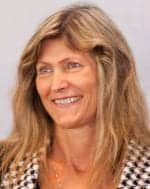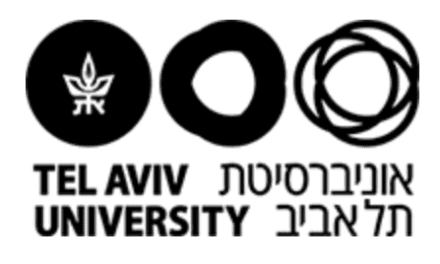MED-EL, Innsbruck, Austria, has announced company founder and CEO Ingeborg Hochmair, PhD (pictured), has been selected to receive this year’s prestigious Lasker-DeBakey Clinical Medical Research Award for the development of the modern cochlear implant. She will share the award with Graeme M. Clark, PhD, of the University of Melbourne (Australia), and Blake S. Wilson of Duke University. The award honors scientists whose contributions have improved the clinical treatment of patients.
According to MED-EL, Ingeborg Hochmair, who has a PhD in electrical engineering, is being recognized for her early contributions to the field of cochlear implants starting with the development of the world’s first multi-channel microelectronic cochlear implant that was implanted in Vienna in 1977. This implant included a long, flexible electrode, which could, for the first time, deliver electric signals to the auditory nerve along a large part of the cochlea. With a modified version of this device, the next milestone in cochlear implant development was reached in 1979: the understanding of words and sentences without lip-reading in a quiet environment via a small, body-worn sound processor. The young recipient—a pioneer herself because she devoted much of her time to cochlear implant research—has enjoyed open speech understanding via a small processor for the past 34 years. Intense and continuous innovation followed, including the development of the world’s first BTE cochlear implant audio processor in 1991.
The next major advancement, according to MED-EL, was the development of a high stimulation rate cochlear implant designed to faithfully implement a new speech coding strategy developed by Blake Wilson. From 1994 forward, this device took its users to the next level of performance. It became the first device with which the majority of postlingually deaf adults achieved more than 50% monosyllabic word understanding within 6 months after implantation as demonstrated in a multicenter clinical trial. This meant that the majority of those implanted could now have conversations over the phone about unknown topics with an unfamiliar speaker.
MED-EL says that respect for the cochlea and its delicate structures has guided Dr Hochmair´s research and development activities toward a highly flexible electrode array preserving the delicate structures of the cochlea despite deep insertion into the cochlea. During recent years, Dr Hochmair and Wilson have collaborated on topics such as the benefit of bilateral implantation, combined electric and acoustic stimulation, and cochlear implants for single-sided deafness.
The cochlear implant was, and remains, the first replacement of a human sense—the sense of hearing—and the device has transformed the lives of nearly 100,000 individuals around the world. For more information and a perspective on cochlear implant development, see the recent interview of Dr Hochmair in the September 2012 edition of Hearing Review Products.
“Many of these achievements were attained with the shared commitment of my husband and closest collaborator, electrical engineer Erwin Hochmair, and with other outstanding partners, such as basic researchers, surgeons, clinicians, coworkers at MED-EL, and, ultimately, the end-users of the devices,” said Dr Hochmair. The Hochmairs founded MED-EL and the device is now available in more than 100 countries. The company is privately held, and Ingeborg Hochmair remains at the helm.
Dr Hochmair and MED-EL also extended congratulations to her fellow Research Award recipients, Graeme Clark and Blake Wilson. “I am extremely gratified that our life’s work is being recognized in such a prestigious manner,” said Dr Hochmair. “However, I am even more pleased that this award will raise awareness for the entire field of cochlear implants and its importance as a treatment for small children born with severe-to-profound hearing loss, up to and including older adults who lose their hearing later in life. In so many ways, our work has just begun. Technological advances have accelerated our research at an unbelievable rate. We are on the threshold of breakthroughs that would have been considered dreams not long ago. After so many years, hearing restoration continues to be a miraculous field, and I still feel a sense of urgency to help improve the quality of life of deaf people. I am honored to have been a part of the development of this life-changing innovation, and look forward to continuing our strong tradition of advancing our technological and scientific foundation in the field of hearing implants for many years to come.”
Source: MED-EL





